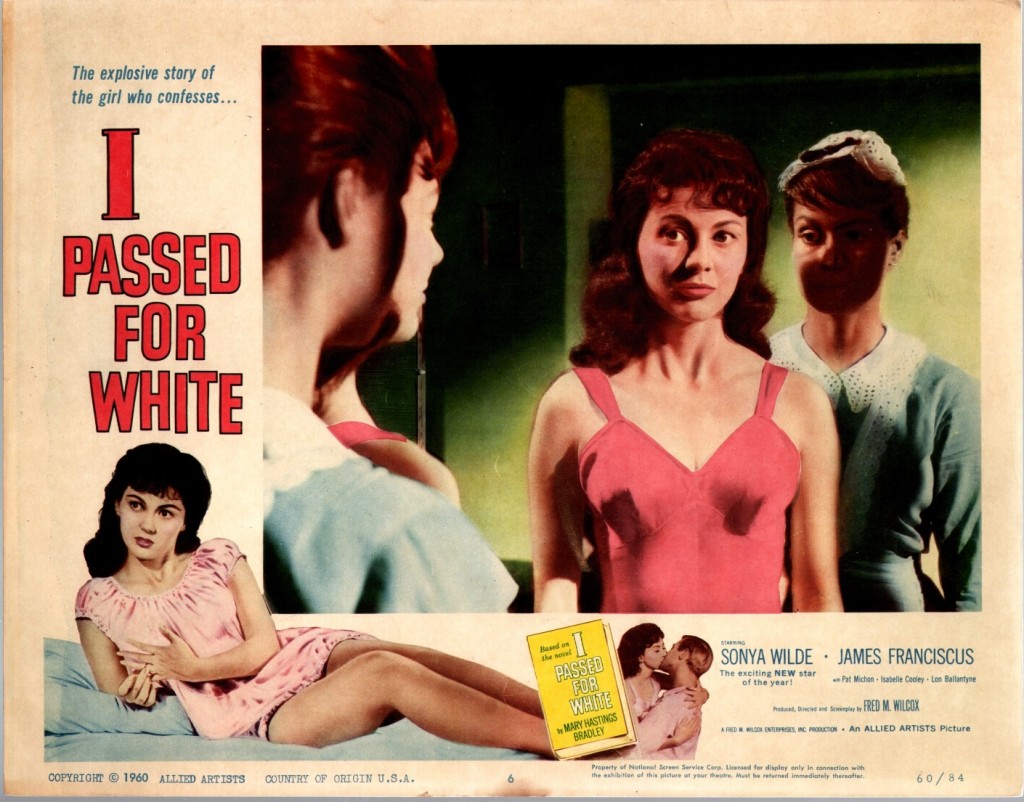 Over 14% of the entire world is on Facebook. Let that sink in for a minute….
Over 14% of the entire world is on Facebook. Let that sink in for a minute….
- This is more than the supposed number of gay people in the population.
- It’s just five percent less than the population of China.
- It’s three times more than the number of people in the United States.
And on and on. That’s not including Twitter, Instagram, Tumblr, or Snapchat. So, it’s safe to say that a huge chunk of the world is on social media.
What does this mean for political discourse? Many folks get quite riled up during online discussions — and social media has brought out the worst of the trolls. The result of such conversations includes but is not limited to anger, hatred, obsession, and night sweats.
Be that as it may, Cinemulatto believes the statistics provide three reasons why we should all be talking about politics on social media.
This is the “national discourse” we’ve been waiting for.
Hell, it’s the international discourse. Although the posts we see tend to align with our political views, if we happen to comment, share, or like anything that “the other side” posts, there’s a strong likelihood we’ll start seeing that side’s news and views.
Didn’t our college Feminism 101, Ethnic Studies, and Political Science courses all stress the importance of “national dialogue”? With 14% of the world on Facebook, for instance, isn’t this the best (and only) possible place to engage in such dialogue with potentially hundreds of friends and non-friends, instead of a 10-student discussion section?
The algorithm knows.
Social media knows what evils lurks in the hearts of men (and women, and tweens, and marketers). Again, from the info above, we know that our social media activity informs the posts that show up in our feed. The more we discuss, the more likely we are to get more information on the politics shaping the status quo, for better or worse.
I was recently castigated on Facebook for having only three Republican friends in the non-social media ‘real world’. In a rare moment of unbridled comment anger, I cursed him out then blocked him (insert self-satisfied emoticon here). The unpleasant and woebegone asshole claimed that communicating with Republicans on social media didn’t count.
Do Republicans stop being people once they start typing? Is Facebook not representative of the general population? (Stating here for the third time: 14%.)
When all is said and done, it’s okay to weed people out.
Like so many others on social media, I’ve gotten back in touch with people from the past I might never have otherwise encountered again. These include people from high school. Relatives I haven’t seen since childhood. People I never knew existed but I now know are family members, or friends, or kindred social media spirits.
The odds, then, of interacting with people who have more differences than commonalities are dramatically increased. Another thing that skyrockets: the chances of finding out that someone who you trusted, respected, or even loved holds beliefs that you find rotten to the core. When this happens, it’s disappointing at best and distressing at worst. Still, perhaps without such open discussion, we’d never know what “lurks within”.
I’ll keep talking politics on social media. At the very, very least, it keeps my brain active and makes me think about that other side. Trolls be damned.

